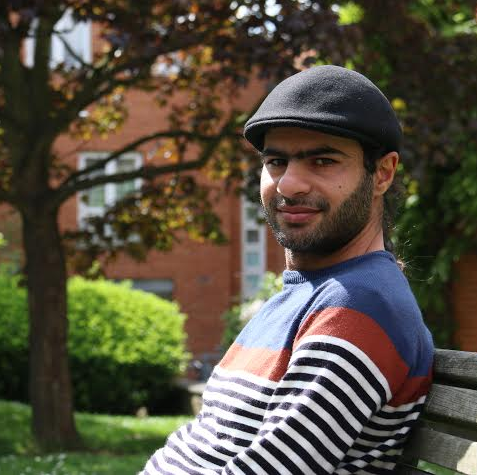
Recently, hundreds of people took to the streets of Manama, the capital of Bahrain, to celebrate the fourth anniversary of the uprising against King Hamad bin Isa and to demand the release of Sheikh Ali Salman, leader of the opposition who was arrested last December.
Bahrain is a small island in the Persian Gulf of about one million three hundred thousand inhabitants, ruled by a Sunni monarchy with authoritarian traits.
In 2011, inspired by the Arab Spring, hundreds of Bahraini began a protest against the regime of the Al Khalifa family asking for the release of political prisoners, direct election of the prime minister, and the end of the use of instruments of repression and discrimination perpetrated against the Shiite majority.
The protest, originally permitted by the authorities, moved quickly to the Pearl Roundabout, which became one of the symbols of the protest. On 17 February, four days after the beginning of the demonstrations, the security forces evicted people from the square with a violent raid which caused four deaths and about 300 wounded, during what will be remembered as “Bahrain Bloody Thursday.” The Bahrain Center for Human Rights reported that an “excessive use of force” was perpetrated by the government.
In March of the same year, the authorities razed the Pearl Roundabout, explaining the move – in an announcement broadcast on state television – as an act of necessary “cleaning up” due to the “desecration” of the area caused by the “vile” anti-government protests.
Although weakened by repression, popular dissent against the government did not cease to manifest itself publicly, and dissidents of the regime continued to be indicted and arrested on specious charges.
In March 2012, the Bahraini demonstrated again, in a number that varies according to some estimates, between 100,000 and 200,000 protesters, invading the streets of Manama, in conjunction with the Formula 1 Grand Prix. Their aim was to bring the national question to the attention of the world, asking for the cancellation of the event. In the following months, several dissidents were arrested and sentenced in absentia, while other protests were violently repressed.
In a context in which traditional media are largely controlled by the regime, alternative online news has played a key role in the dissemination of news. Discussion platforms such as forums and social networks have been essential to the public debate and coordination of the protests and the democratic resistance.
BahrainOnline, for example, is one of the leading democratic and anti-government media outlets. It is a forum created in 1999 by blogger Ali Abdulemam, and although it was obscured more than once, has become over time one of the most visited websites in the island of the Gulf.
Author for Global Voices and member of the Bahrain Watch advocacy group, in 2010 Abdulemam was arrested on charges of having circulated false information on his website, and forced to about a year of captivity, suffering abuse and torture.
Released in February 2011, at the same time of the first days of the protest, he was charged and sentenced in absentia to 15 years in prison on charges of plotting against the government. He was forced into hiding for a long time without contacting anyone, fearing that the authorities would have put his family and friends under pressure, taking revenge on them, “like the Mafia.”
In May 2013, after months mostly spent reading hundreds of books and trying to encrypt his online presence, Abduleman escaped from Bahrain hiding in the compartment of a car. He reappeared in Britain, protected as an asylum seeker. Shortly after, he received the Freedom Prize conferred by the Danish think tank CEPOS.
Presently, the name of Ali Abdulemam is on the list of about 70 Bahraini critical of the government – many of them bloggers and journalists – to whom citizenship has been revoked, in opposition to Article 15 of the Universal Declaration of Human Rights (“Everyone has the right to a nationality. No one shall be arbitrarily deprived of his nationality nor denied the right to change his nationality”).
Ali @Abdulemam: ‘I Have Not Lost My Identity. I am Bahraini.’ http://t.co/OnYkIfHRqC ‘I won’t be unrecognized’ pic.twitter.com/FQACy3ZNKw
— Global Voices (@globalvoices) 21 Febbraio 2015
Ali Abdulemam will be a speaker at the International Journalism Festival, which will take place in Perugia from 15 to 19 April.


